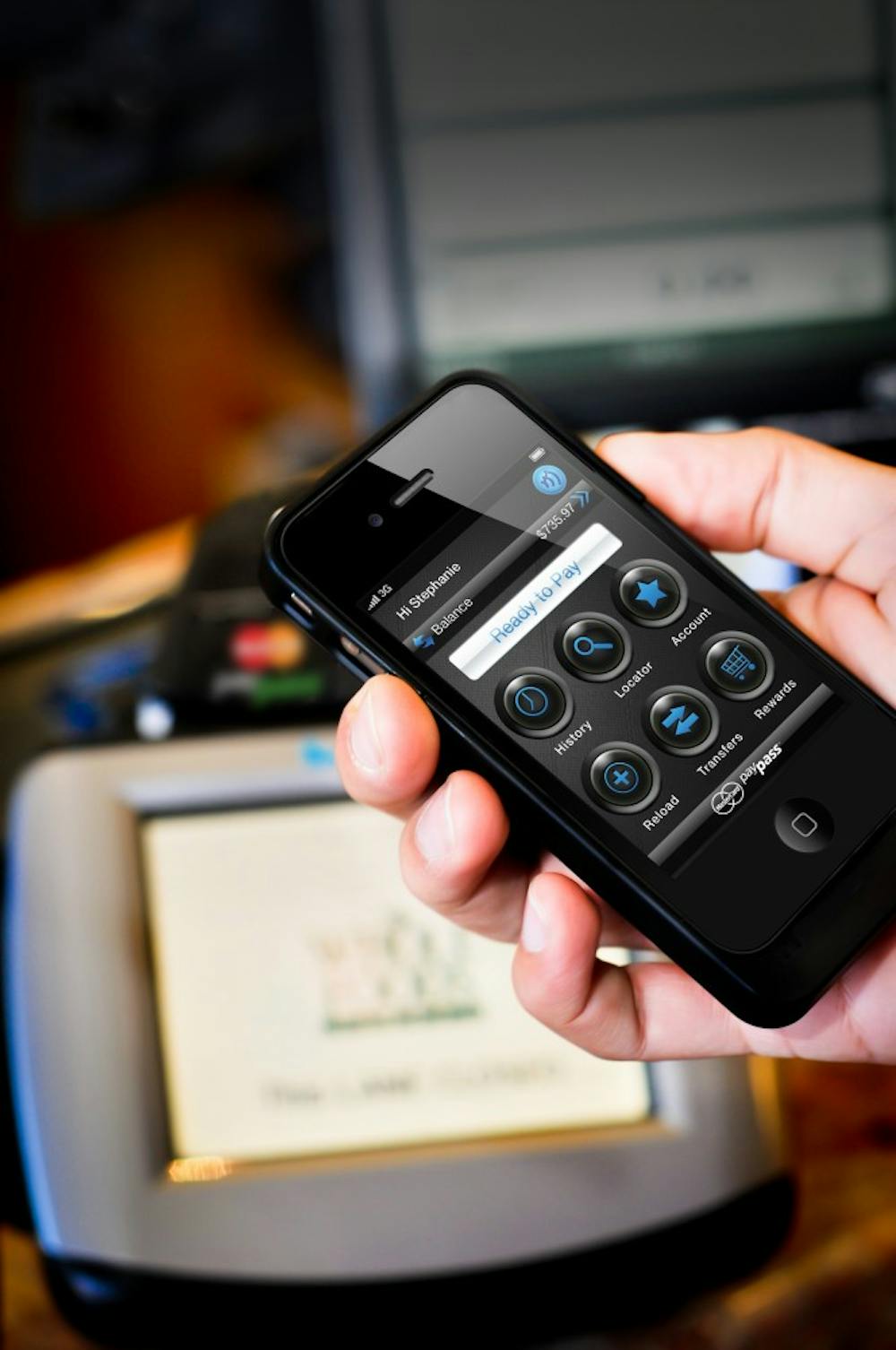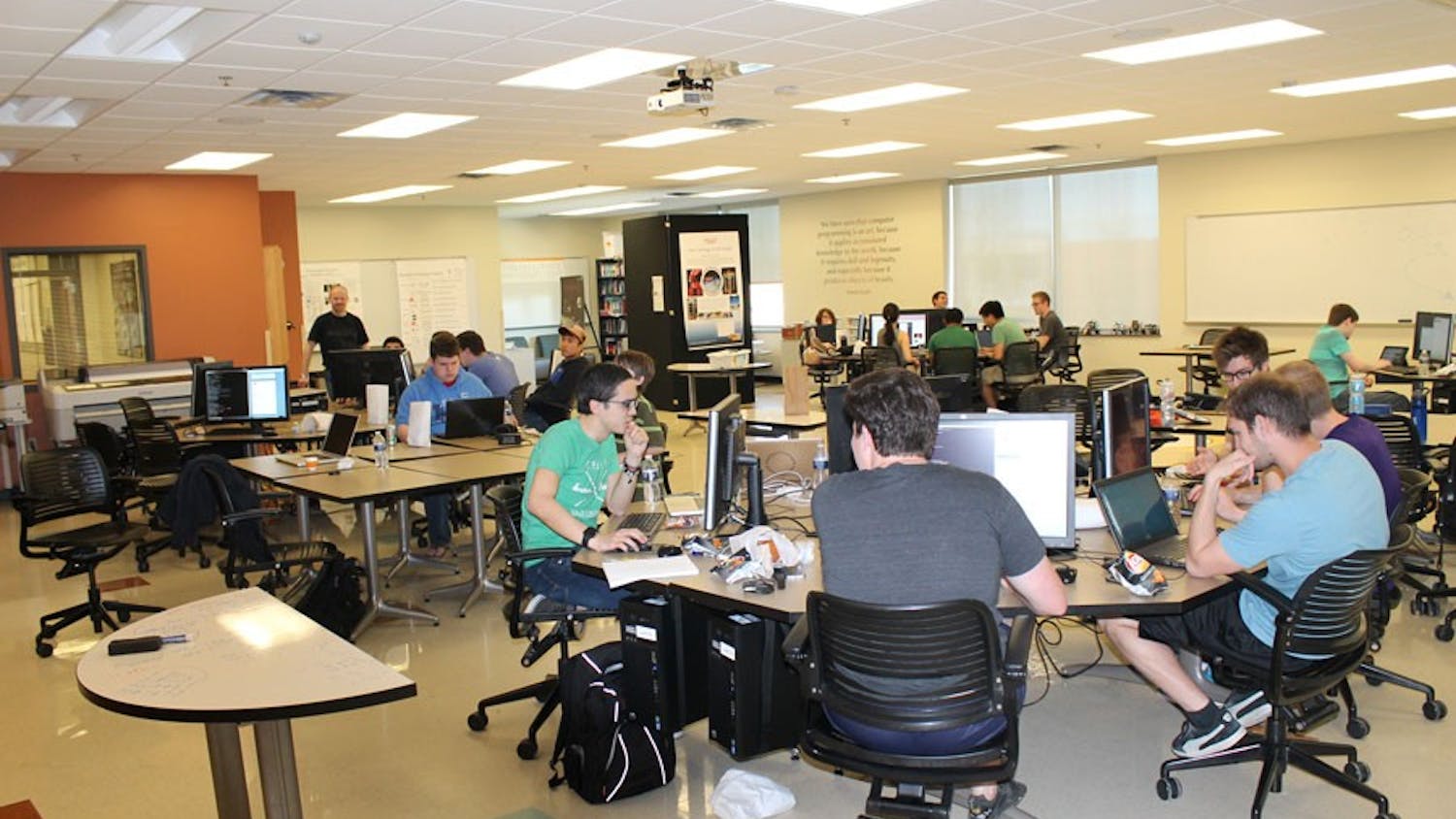Imagine standing in line at Love's to pay for your latest McDonald's craving. Instead of pulling out your wallet, you grab your smartphone and tap it on a receiver near the register to finish your purchase. Or hand your credit card to the cashier, who swipes it through a device plugged into an iPad. Or even just say your name.
Each of these payment methods is available now, to some extent, but a new study from tech research firm comScore says mobile wallet services-which include PayPal, Google Wallet and Square Wallet, among others-have a long way to go to reach widespread public awareness and business acceptance.
The study said that only about 12 percent of consumers had used a digital wallet service other than PayPal, which has the advantage of being widely used on its parent company's site, eBay. Only 8 percent of consumers have ever used Google Wallet, for example, and just 2 percent have used Square Wallet-despite the service's ongoing partnership with Starbucks.
Innovators like Square CEO and co-founder Jack Dorsey, who is also known as the inventor of Twitter, and co-founder Jim McKelvey believe technologies like Square are crucial for small businesses in a technologized economy.
Nathan McCauley, who graduated from Taylor in 2008 and is a security engineer at Square, said McKelvey got the inspiration for Square when he was trying to sell a glass faucet he had made. McKelvey lost the sale when he was unable to accept credit cards. "Talking to Jack Dorsey on his iPhone later that day," McCauley wrote in an email, "Jim realized he was holding the device that could have saved his sale-all it was missing was the Square parts."
Despite the company's goal "to make shopping more delightful," according to McCauley, consumers still seem to be hesitant to adopt the technology wholeheartedly. ComScore's report noted continued concerns with the security of mobile wallet services. More than 9 in 10 consumers wanted the services to include locking features, like passcodes, but only 5 in 10 acknowledged that most services already have these features.
CNN Money's September 2012 test of five mobile wallets also uncovered bugs and challenges with several of them. Google Wallet's interface was unintuitive, the test noted, and merchants could potentially be overwhelmed by the number of users trying to pay with Square at once.
There's also the fact that few businesses currently accept mobile wallets as payment. A Yahoo News article from Jan. 28 said only about two dozen businesses, including Old Navy, RadioShack, and Macy's, accept Google Wallet. A search through Square Wallet's directory said the only major business near Taylor that accepts the service is Starbucks.
Square, however, is counting on mobile wallet services to continue to grow toward being mainstream. Yesterday the company introduced "Business in a Box" as a sort of intermediary between its mobile wallet service and traditional cash-and-card businesses, according to PC World.
For $299, Business in a Box will include two Square card readers that plug into an iPad equipped with the Square Register app, an iPad stand and a secure cash drawer that will open at the push of a button within the app. For an additional $300, the kit includes a wireless receipt printer. Figuring in the cost of an iPad, PC World said Business in a Box is likely cheaper than a traditional touch screen cash register and has far more functionality.
Technology like Square Register, Square Wallet and other mobile wallets is built for this sort of multifunctionality. As more consumers become aware of them, they will become less a novelty and more a way to seamlessly integrate payments, an everyday part of consumers' lives, into their already extant smartphones.
This is exactly what Square-exec Dorsey hopes for, according to an interview with CNN Money. "We are building technologies that fade away, that go into the background so people can focus on what is most meaningful to them," Dorsey said.





